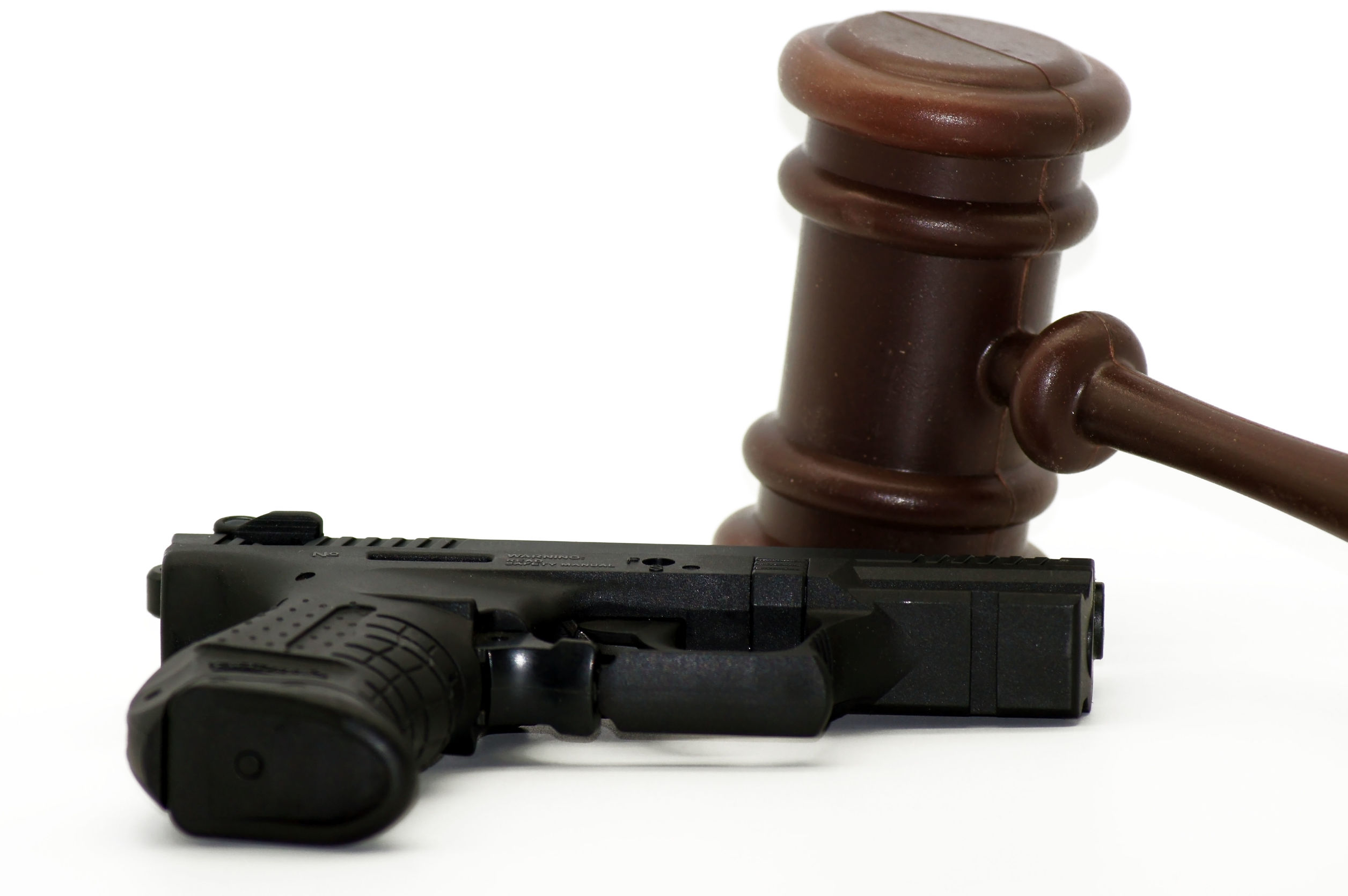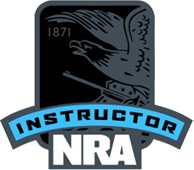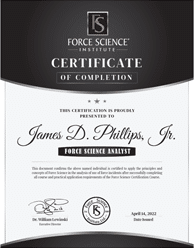
- October 21, 2019
- |
- Gun Laws,Gun Ownership FAQ
The Importance of Knowing Gun Laws in Dangerous Situations
GUEST BLOG POST
“The views and opinions expressed are those of the author. The Firearm Firm neither endorses or guarantees the legal accuracy of the views, opinions or statements of law made in guest posts.”
Even crime culprits have some rights also, which is one of the reasons you should pay attention to firearm laws and how they apply in self-defense, home defense, or dangerous situations.
A good number of US citizens own guns — some use their guns for hunting and other shooting sports, while others use their guns for the sole purpose of keeping their families safe.
However, owning a gun is one thing, but using the gun to accomplish self- defense or home defense when there’s a crime or home invasion is another thing — in essence, there’s a huge difference between the two. For this reason, it is really necessary for everyone who owns a gun to know how firearm laws in their state work. And, you should understand when the use of “deadly force” is justified.
So, What is Deadly Force and When is It Justified?
According to gun laws, deadly force refers to any physical force that an individual is aware of or ought to be aware of, to pose a significant death risk or serious harm to another individual if applied.
The police have the right to apply deadly force in the course of trying to enforce the law — depending on the situation — but for private citizens, it is illegal to apply deadly force.
If an individual should apply deadly force, it must be in line with the specific requirements that the state has stipulated in self-defense circumstances or when defending another individual.
Each state may have variations of this law; but generally, the majority of the laws are structured based on what is seen as a “reasonable and necessary” force. The judgment, in this case, is usually based on what the state would consider “action that a reasonable individual would adopt under the same circumstances.”
So, When Do Some States Allow Deadly Force?
In essence, a number of states usually give room for the use of deadly force only when there’s an obvious threat to the victim’s life or obvious grave injury. However, other states do not endorse the use of deadly force by citizens in property defense, and especially if the burglar is not armed. It simply implies that in certain states, you may face criminal charges for shooting a burglar or invader who has no firearm or any kind of weapon with him.
However, There’s More to Worry About
Have you not heard about the cases where burglars sue victims for inflicting physical injury on them — because the victim shot the burglar or intruder? This may sound incredible, but it’s something that actually happens. Sometimes, such court cases are ignored, but a number of such cases are carried on to the point of a trial. While the victim may be considered not guilty, the entire stressful process plus the expenses involved can overwhelm the defendant.
So, it’s not just enough being a licensed gun owner or having self-defense skills. You also need to understand the legal implications of using firearms, as well as the legal stipulations for both engaging your firearm and applying deadly force or other forms of forces.
So, What is Your Right to Defend Yourself or Your Loved Ones?
Have you heard about “castle doctrine”? In the past couple of years, a number of states have adopted these bills as a way to define as well as protect citizens’ right to self-defense in home invasion situations or attack on an individual.
Generally, a castle doctrine would feature one of these protective provisions;
- When an individual applies deadly force or legal force, it provides the individual with “immunity” from both criminal prosecution and civil action
- It takes away the requirement for a victim to “retreat” or back off from an attacker under specific circumstances as dictated by the state
- It enables an individual who is not involved in an illegal action to “meet force with force” instead of retreating in the face of attack, as long as the person has the right to be at the place where he or she is being attacked
- It makes legal presumption available in the event that an individual is justified in applying force against an aggressor. In fact, in some states, the law presumes that any individual who forcefully or illegally enters the home (and even vehicle) of another person does so with the intent of committing a crime violently or forcefully
What are the Gun Ownership Laws in the U.S.?
We are all familiar with the popular Second Amendment that protects individuals’ rights to own and bear arms. However, when it comes to the use, possession, and sale of a gun, each individual state has its own laws. Simply, it implies that gun owners must follow the rules and firearm laws of the state where they reside — they must also abide by the firearm or gun laws in operation in another state where they are visitors.
Here’s an instance; your concealed carry permit issued by your state of residence may or may not apply in a different state. In essence, when you go to another state, depending on the gun law in operation, your concealed carry permit may not be recognized or may be recognized.
For this reason, it is necessary to find out the gun laws of another state you intend to visit with your gun, and not just general gun laws in the United States. Also, this applies to those who intend to move to another state with their gun. In some states, you may not be required to register your guns, but some states would require gun registration. A typical example of states that require new residents to visit the Department of Justice’s Automated Firearm System and register all handguns within 60 days is the State of California.
Finally, it is strongly advised that you become an informed gun owner, especially when it comes to the use of your gun to defend yourself or others in life-threatening situations.
Get in touch

"*" indicates required fields
Copyright © 2022-2025 The Firearm Firm All rights reserved.






















